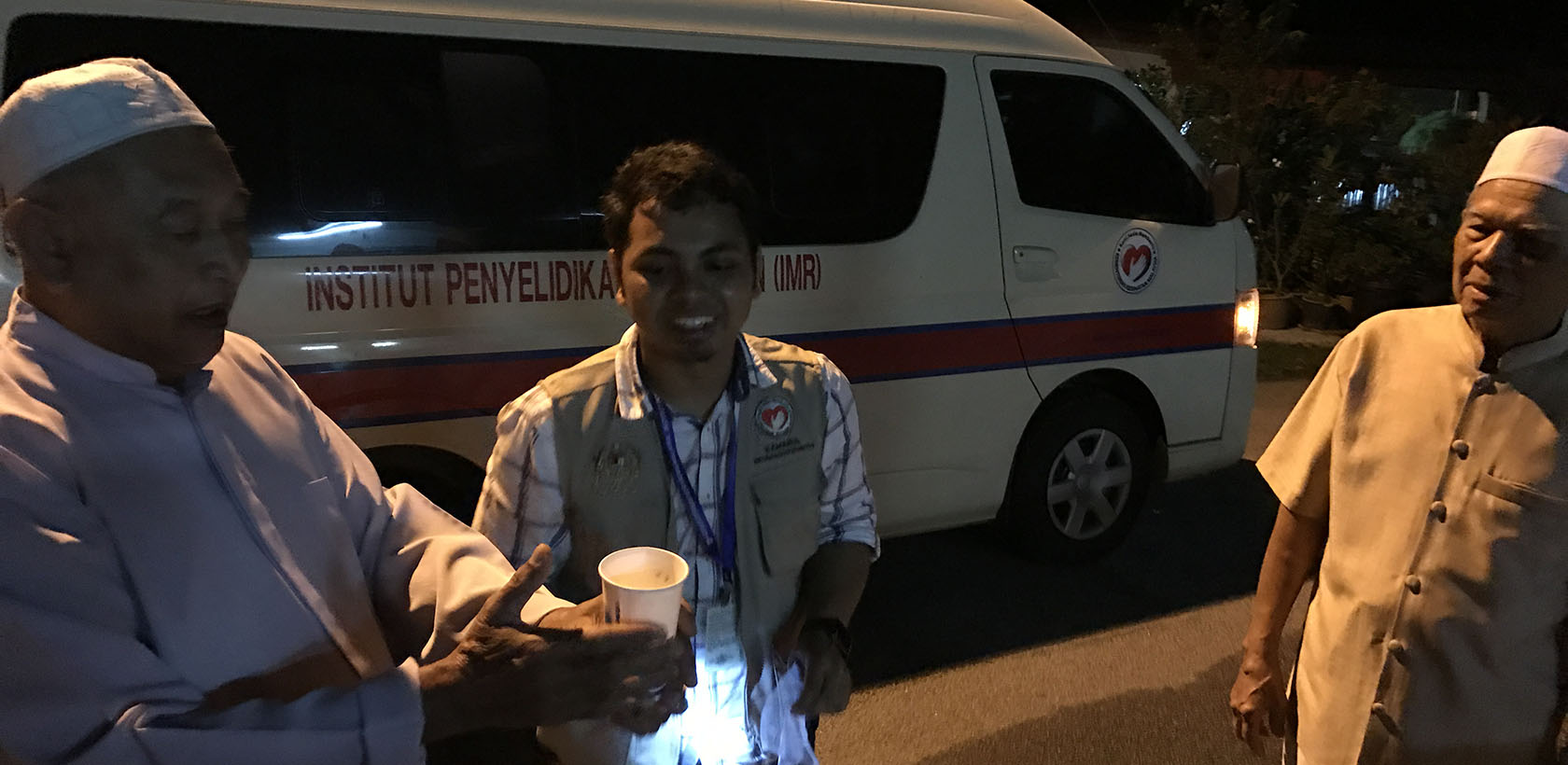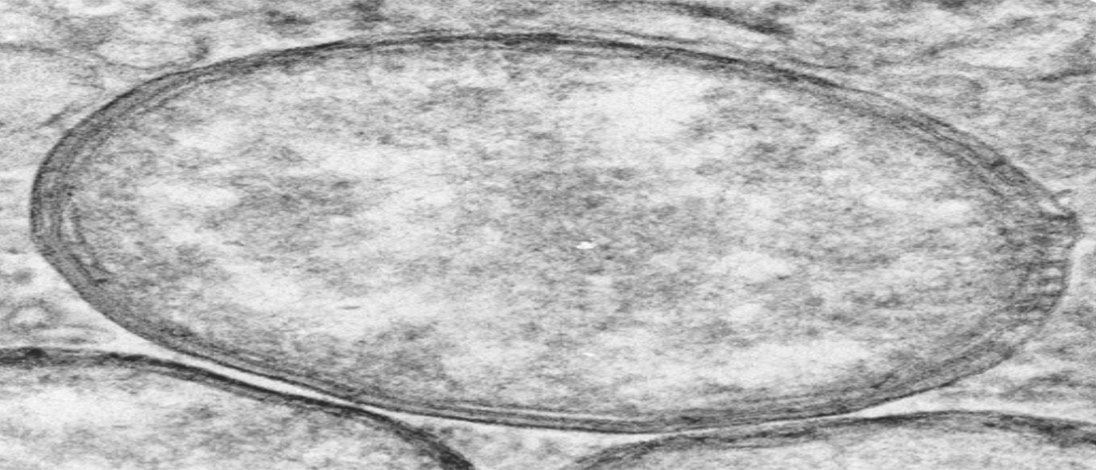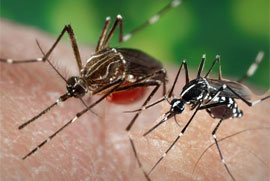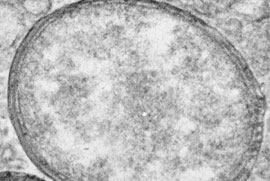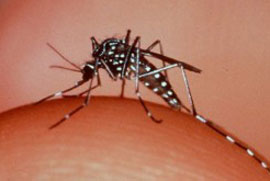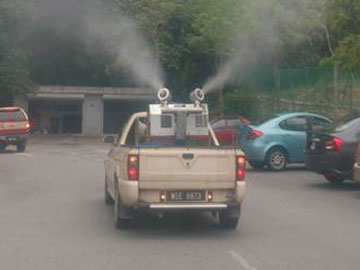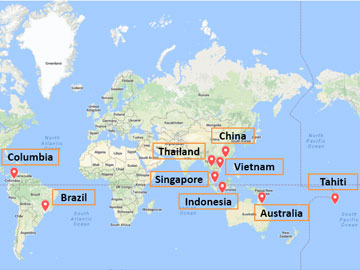Welcome to Wolbachia Malaysia
The objective of our project is to replace wild dengue-transmitting mosquito populations with populations that are unable to transmit dengue, Zika or chikungunya viruses to people. This will be done using bacteria called Wolbachia, which are naturally found inside many insects including mosquitoes and are passed from female insects to their offspring. The replacement strategy we are using involves the release of male and female Aedes mosquitoes carrying Wolbachia. The Aedes mosquitoes carrying Wolbachia will then mate with wild mosquitoes and this process enables Wolbachia to spread by itself to high levels within the release area. The number of mosquitoes that need to be released before Wolbachia starts to increase and spread by itself is modest. There will be a negligible increase in existing mosquito population size even during the short release phase, since when the released males mate with wild females no offspring are produced (cytoplasmic incompatibility), (see Wolbachia Innovative Strategy) therefore decreasing the mosquito population.
Wolbachia-based control strategy already safely being used in several countries around the world to reduce disease transmission. Once Wolbachia has spread through a mosquito population it remains at a very high level long term, so re-application is not required. This approach is therefore a sustainable and cost effective way to reduce dengue, Zika or chikungunya virus. This strategy is safe, natural and a form of biocontrol that does NOT involve genetic modification. Releases of Wolbachia infected Aedes aegypti and Aedes albopictus in Malaysia will be undertaken to render the wild populations unable to transmit dengue, Zika or chikungunya virus. This initiative is the first unique approach in the world that utilizes Wolbachia in both Aedes aegypti and Aedes albopictus.
75,403 views



